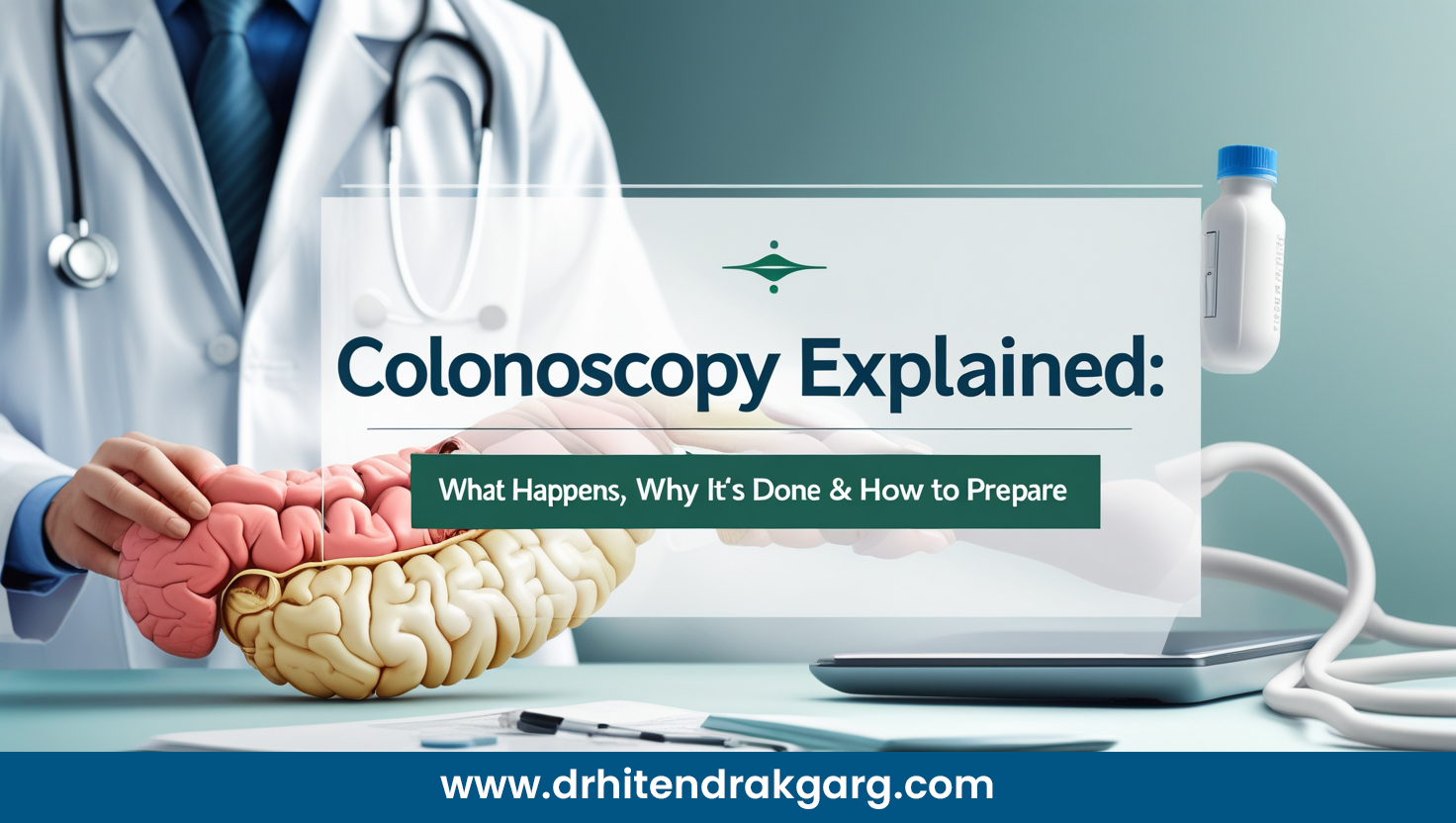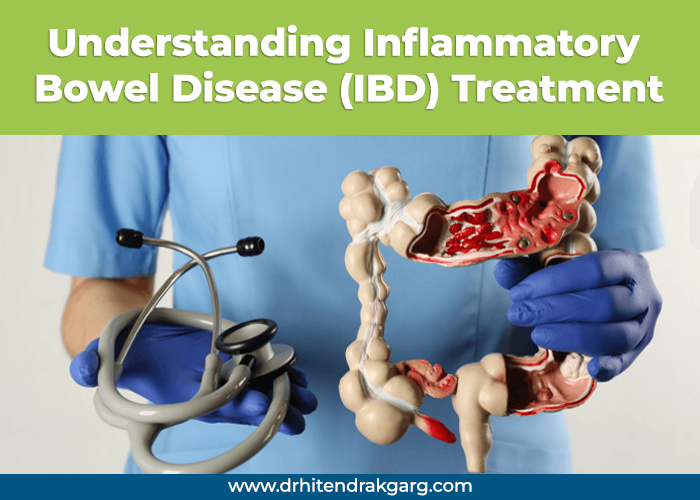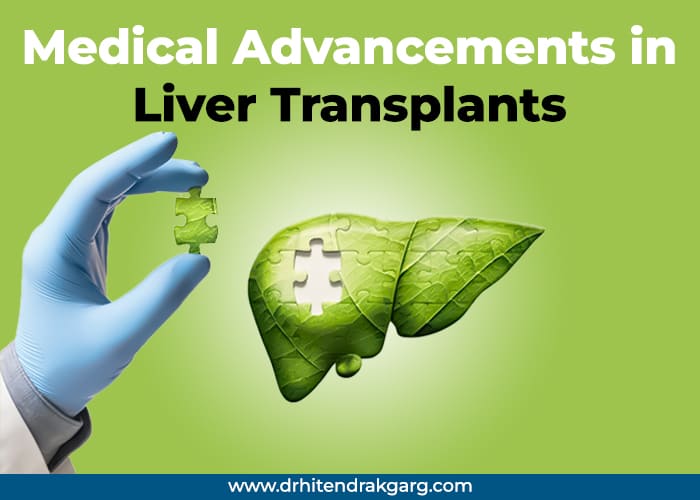A colonoscopy is a straightforward yet crucial test that allows doctors to examine the health of your large intestine (colon). It's common for people to have concerns about the pain associated with a colonoscopy or to question its necessity. This guide aims to clarify everything in a simple manner, ensuring you feel ready and well-informed.
What is a Colonoscopy?
A colonoscopy is a test where a doctor uses a thin, flexible tube with a small camera to look inside your large intestine. This helps in checking for any problems like swelling, growths (polyps), or signs of serious diseases like cancer. Learn more about digestive health in our guide on Inflammatory Bowel Disease (IBD).
Is Colonoscopy Painful?
Many people feel nervous about whether a colonoscopy hurts. Here’s what you need to know:
- No Pain Due to Sedation: Most people are given a mild medicine (sedation) that makes them sleepy and relaxed. Some may even not remember the test.
- Mild Discomfort Possible: You may feel bloating or slight cramps due to the air used during the test.
- Fast Recovery: After the test, you might feel gassy, but this goes away quickly.
Why is a Colonoscopy Done?
A colonoscopy is done to find and prevent serious stomach and intestinal issues. Doctors recommend it for:
- Cancer Screening: Early detection of colon cancer can lead to prevention.
- Finding Growths (Polyps): These small lumps in the intestine can develop into cancer if they aren't removed.
- Investigating Digestive Problems: A colonoscopy can help identify the cause of stomach pain, bleeding, or persistent constipation or diarrhea.
- Monitoring Stomach Conditions: Regular check-ups are essential for those with conditions like Crohn’s disease or ulcerative colitis.
What Diseases Can Be Detected by a Colonoscopy?
This test helps find:
- Colon Cancer: Early detection increases chances of cure.
- Polyps: Small lumps that can be removed before they turn cancerous.
- Inflammatory Bowel Disease (IBD): Diseases like Crohn’s disease and ulcerative colitis.
- Diverticulosis: Small pouches in the intestine that may cause pain and infection.
- Hemorrhoids & Other Bleeding Issues: Helps find the reason for rectal bleeding.
How to Prepare for a Colonoscopy
Good preparation is very important for a successful test. Here’s what you should do:
- Food & Drink Changes (1-3 Days Before):
- Eat light food that is easy to digest. Check our list of Easily Digestible Indian Foods.
- Avoid solid foods, nuts, and seeds.
- Drink only clear liquids like soup, juice (without pulp), and herbal tea.
- Cleansing the Stomach (Night Before the Test):
- Your doctor will provide you with a special liquid medicine designed to cleanse your stomach.
- This medicine may cause you to use the restroom several times, which is completely normal.
- Be sure to drink plenty of water to stay hydrated.
- On the Day of the Test:
- Wear comfortable clothing.
- It's a good idea to bring someone along to help you get home, as the sedation might make you feel drowsy.
- Follow your doctor's advice and avoid eating or drinking anything for a few hours before the test.
What Happens During the Test?
- You Will Be Given Sedation: This helps you feel relaxed or sleep through the test.
- Doctor Inserts a Small Tube: A thin tube with a camera is gently inserted through the rectum to examine the intestine.
- Checking for Problems: If anything unusual like growths (polyps) is found, the doctor may remove or take a sample.
- Test Duration: The test usually takes 30-45 minutes.
After the Test – What to Expect?
- Mild Bloating: Some air remains in the stomach, which may cause slight bloating.
- Rest Recommended: Avoid driving and working for the rest of the day.
- Resume Normal Diet Gradually: Start with light foods and avoid heavy meals immediately.
- Follow Doctor’s Advice: If a sample was taken, results will come in a few days.
Conclusion
A colonoscopy is a safe and necessary test to check your intestine’s health. While it may seem scary, it is not painful, and it helps prevent serious diseases like cancer. If you have digestive issues or are due for a screening, book a consultation with a gastroenterologist today. Also, maintaining good liver health is essential for digestion—check out our guide on 10 Best Foods for Liver Health.






